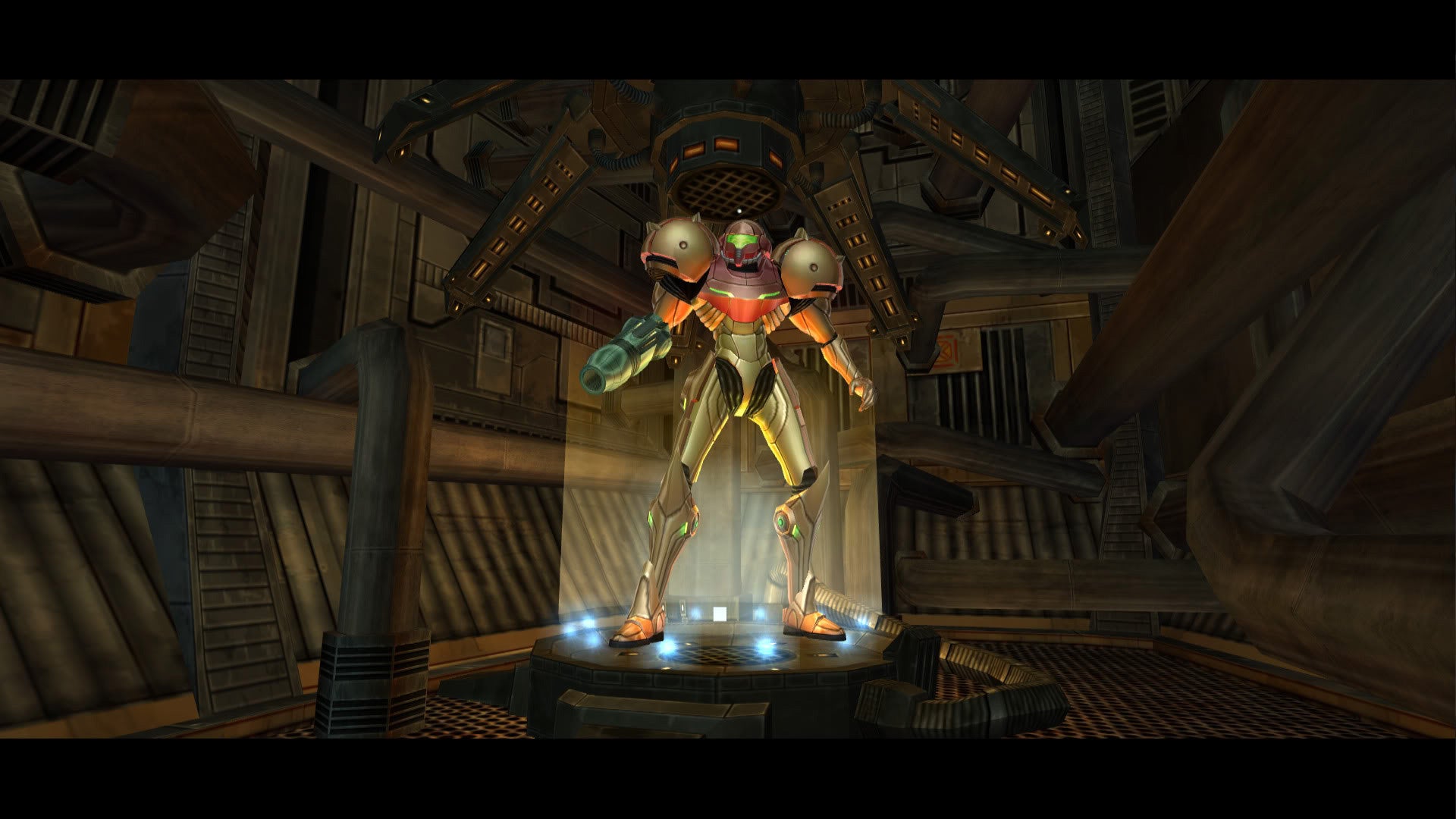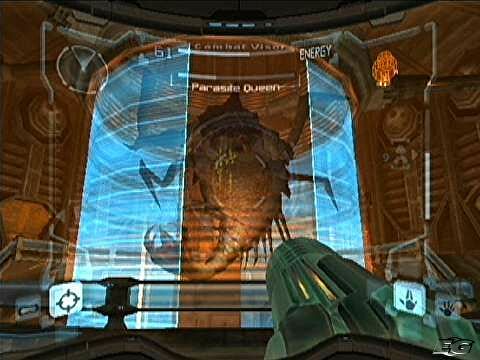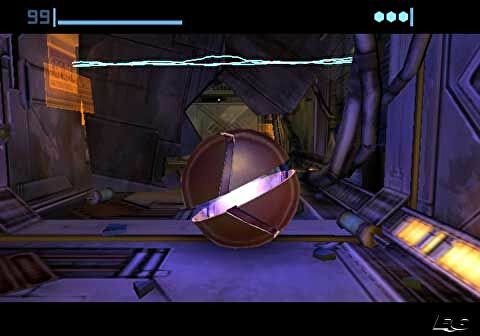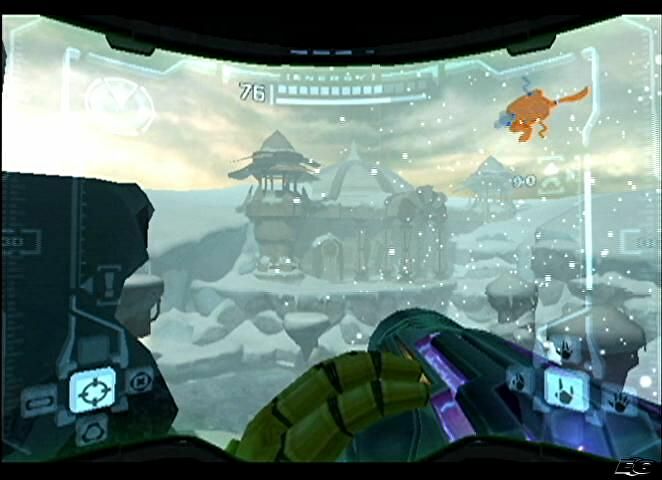Is Metroid Prime timeless? I’d put it slightly differently - it has an enduring sheen of recent-ness. Is that the same thing? Anyway: I watch the Morph Ball rushing through a ruined space station, the gold light on its equator lingering on the screen like burn-in, and I think: cor, those graphics are a bit special. I see the starting screen, with its bubbling microscopic horrors and I wonder if any new games will steal this unsettling method of introduction and build on it. And this is the thing about Metroid Prime: I don’t have one singular memory of it, but dozens, maybe hundreds of little memories. The way the screen pauses when you scan part of the landscape. The brilliant - never beaten - 3D map, that wriggles around in the top right of the screen when you walk and makes the environment seem alive. Specific enemies, bosses, rooms: this is a game of details, of pieces. It’s no wonder that the best way to celebrate this anniversary is by reading through the tweeted memories of one of its designers, talking about why Morph Ball tunnels exist, or where the game’s static came from. (It’s also worth remembering, of course, that the game is the result of pretty awful crunch.) But the more I’ve watched over the past few nights - Metroid Prime walkthroughs are made for the dark hours - I have started to think about something central to the game that I’d never thought about before. And to get at this, we have to go back a bit, back to the impossibly stylish and atmospheric game that always seemed like such a hard act to follow: Super Metroid. Super Metroid, like Metroid Prime, is a rather scary game. Unsettling, claustrophobic, for sure. But one thing I now realise I always brought to Super Metroid was a brisk, and perhaps misplaced, confidence. I was going deep underground, into abandoned spaces where un-named horrors lurked. But look who I was taking with me! This giant space hero in yellow and red armour. Samus, so tall, so capable, so undaunted, always felt like an ideal travelling companion. I may be a cowardly idiot, but look at her up there on the screen. She was wearing such bright colours to this horror show! She could turn into a ball! If I stuck with her I’d be okay. And that’s what it felt like, I think: I know I controlled Samus in Super Metroid, but I also felt like I was wandering along these haunted tunnels with her. We never felt like quite the same person. And her obvious heroism and panoramic sense of ability, I think it just made me feel better. This is maybe why Metroid Prime isn’t just my favourite Metroid, but the game that has gripped me the most and made me feel the most afraid. Down on Tallon IV I feel singularly nervous, oppressed even when I’m pretty near the surface and with a view of the sky. Partly it’s the horrors, and that throbbing soundtrack, those skittering enemy animations. But partly it’s because I’m not with Samus anymore - I’m in the suit. I truly am Samus. And it feels a little more lonely. Actually, what I feel is vulnerable. That shift from third-person to first-person does the things that such a shift always does, but it somehow amplifies them. Your view is far more limited - of course it is, you can’t see a cross-section of the entire world anymore. Things can come from anywhere. And the emboldening colours of the suit - the golds and shiny reds - are not as visible. We’ve muted Samus’s impact by embodying her more directly. This in turn makes the gradual clawback of powers more triumphant, I think. Watching walkthroughs I feel a genuine sense of relief when we get the ball back, the grapple. Metroid always makes you feel brilliant when you get a new gadget to play with, but in Prime makes these reclaiming moments an oddly emotional experience. Thinking about this first-person embodiment has also made me notice more all the clever things the game does to remind you who you are. There’s the famous glimpse of Samus’ face reflected in the visor, sure, but there’s also the way she grips her gun arm with her free hand - just a glimpse of the suit, of the gloves. Metroid Prime also uses cut-scenes less for storytelling and more for reminders, now and then, of what you look like. You’ll see Samus walk into a new room, or you’ll get a glimpse of her back as she ducks under a ledge. This reminds me of the classic first-person Riddick game, which wasted no opportunity to put you eyes-on the character when you were climbing or interacting with an object - just a little nod to remind you that your inside experience also had an outside. Why did I never think about this stuff before? I think it’s because the Metroid formula is so strong, the game’s mechanical signatures and rituals are so overpowering. When I first played Metroid Prime I mainly thought about all the ways that the series’ classic elements had survived the transition from third- to first-person. Stupid as it sounds, I never thought about what was gained by that transition. I never thought about what was new.



